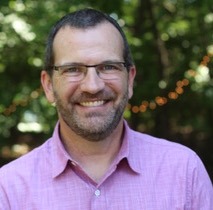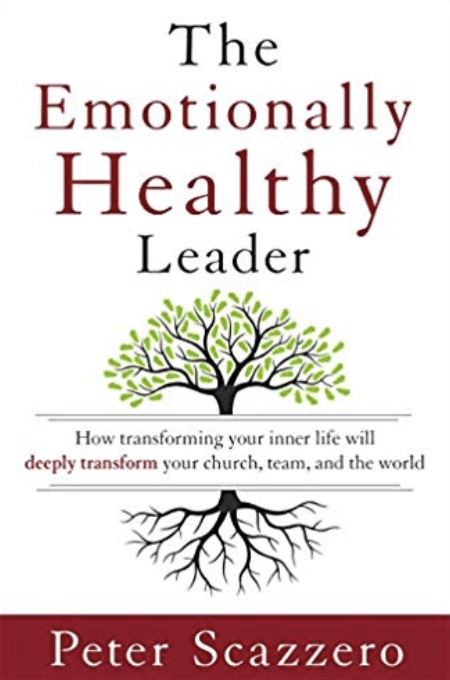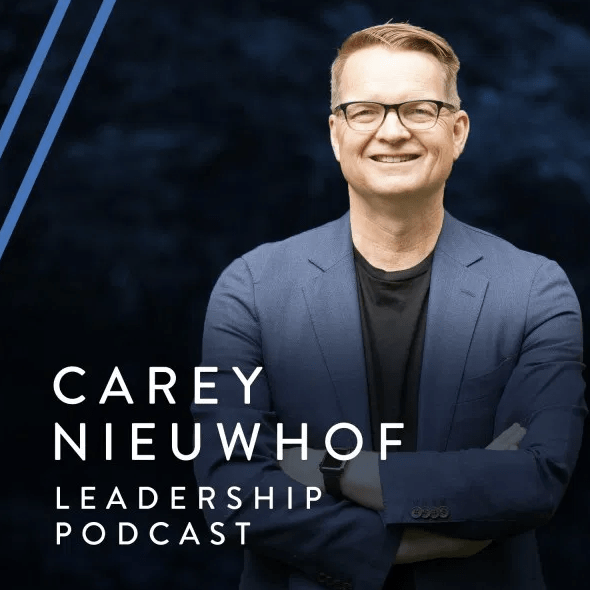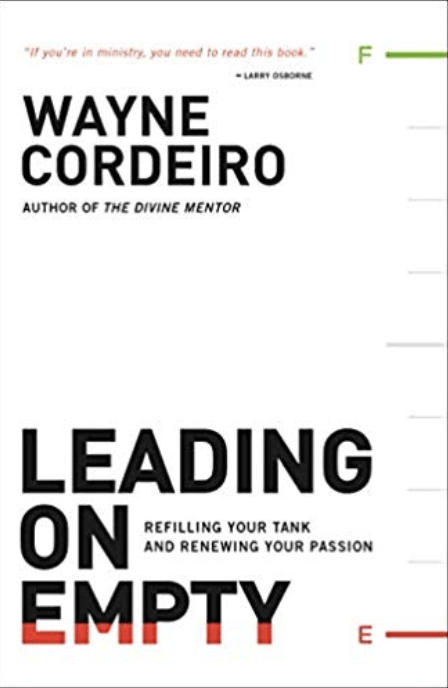In this episode of The Church Planting Podcast, Leilani Sizemore and Donnie Williams talk with Greg about practical tips for staying motivated to work hard and healthy for the journey of church planting.

Donnie Williams
Donnie Williams is the Lead Pastor of Lifepointe Church, a three campus church in and around Raleigh NC. Lifepointehas supported and helped plant over 30 churches including 4 intentional church plants through Stadia Church Planting. Over the last 15 years Donnie has led Lifepointe to launch new campuses, start new churches, and be an example of strong, consistent leadership for the long haul. He lives in Raleigh NC, with his wife Cinda and they have three daughters (Molly, Abby and Lexi) and, recently, one son in law.

Leilani Sizemore
Leilani Sizemore is the US Church Planting Manager at Stadia. Leilani and her husband, Gregg, along with their two children, Caeden and Brielle, planted Creekside Church, located in Dallas, GA in the fall of 2019. They are grateful for the opportunity to start a church in one of the fastest-growing suburbs of Atlanta.
Staying Motivated to Work Hard and Healthy as a Success Factor
- Church planters can’t rely on circumstances or others for their motivation. Instead, they work from an eternal motivation rooted in their sense of calling to and commitment to the mission God has given them.
- It’s not just about working hard, but working smart – effective planters have learned to work systematically, which means they set specific goals and work towards them with actions that produce consistent results.
- Effective planters are agile learners searching for new ideas and concepts that can then be quickly integrated into their leadership to increase effectiveness.
- All church planters will get knocked down. Effective planters are resilient.
- Working beyond your capacity is harmful, not helpful – you cant just work hard. You also have to work healthy.
The Challenge of Staying Healthy
(L) Make sure you put into practice the things you’ve been learning your whole lives. Everything feels urgent, so it can be easy for the things we know to do to fall by the wayside and not remain a priority.
(D) Realize there will be times when you’re sprinting (like pre-launch), but there are times you need to figure out your marathon pace, as well.
Spiritual Health Practices
(D) Reading spiritual and leadership books. Journaling by hand (not typing!) Focus on wins, no matter how small – don’t fix your eyes on defeat. Think about people whose lives you’ve seen change because of the Gospel. Think about the next big risk you will take for the kingdom.
(L) Make sure you have quiet time in the morning – don’t look at anything – not your mail, not your calendar – before you spend time with Jesus. Carve out even more time the closer you are getting to planting!
Do Your Spiritual Practices Change?
(D) Yes! If something stats to feel like an obligation instead of something that brings joy, it’s okay to put it on the shelf for awhile.
Leading Instead of Attending Church
(D) Don’t be backstage. Sit with your family, take communion with the community. Engage in the service like everyone else.
Emotional Health Practices
(L) Counseling!
(D) Counseling, too! Also, intentionally spend time with people who do what you do. It might be tricky with logistics, but find people in the same age and stage and prioritize getting together.
(G) Meeting with my core group 2x a year for the last 15 years has been a game-changer for myself and for my family!
Family Health Practices
(L) Make little things special. Keep your off nights truly sacred or have weekly traditions you simply don’t compromise.
(D) If you build a big church, but you lose your kids and your marriage, you’ve built nothing. Be very intentional, especially in the early days, to carve out time for family. Make your calendar and plans clear for your family. Make sure you are only sprinting for short seasons. Do your kids know that you don’t love the church more than you love them?
Using Appropriate Urgency
(L) Focus. When everything is in its correct place, I can focus on exactly what I need to do at any given time.
(D) Create rhythms that allow you to be truly present. “We don’t need you to be perfect, we just need you to be present.”
Physical Health Practices
(L) You need to have a holistic view of yourself. Carve out the time and make taking care of your body a non-negotiable. Physical limitations (those that are within our control) will stop me from doing what God called me to do. Schedule the time – but you may need a Plan B!
(G) Walking gives a duel benefit of emotional and physical health if you walk with other people!
(D) Set the time – same time, every day – to take care of your body. Also, don’t stress eat! We can preach the Gospel longer, lead stronger, think clearer, and make better decisions when we stay physically healthy. Meet for coffee instead of lunch.
(G) I have meetings at a local park and make people walk a few miles with me!
Medical Health
(L) Have friends who hold you accountable to things like making doctor’s appointments.
(G) You need to be vulnerable enough with those friends so they can know to ask.
Final Thoughts
(D) Get into a healthy, sustainable pace.
(L) All the things you would advise others to do – make sure you’re doing them yourself!






